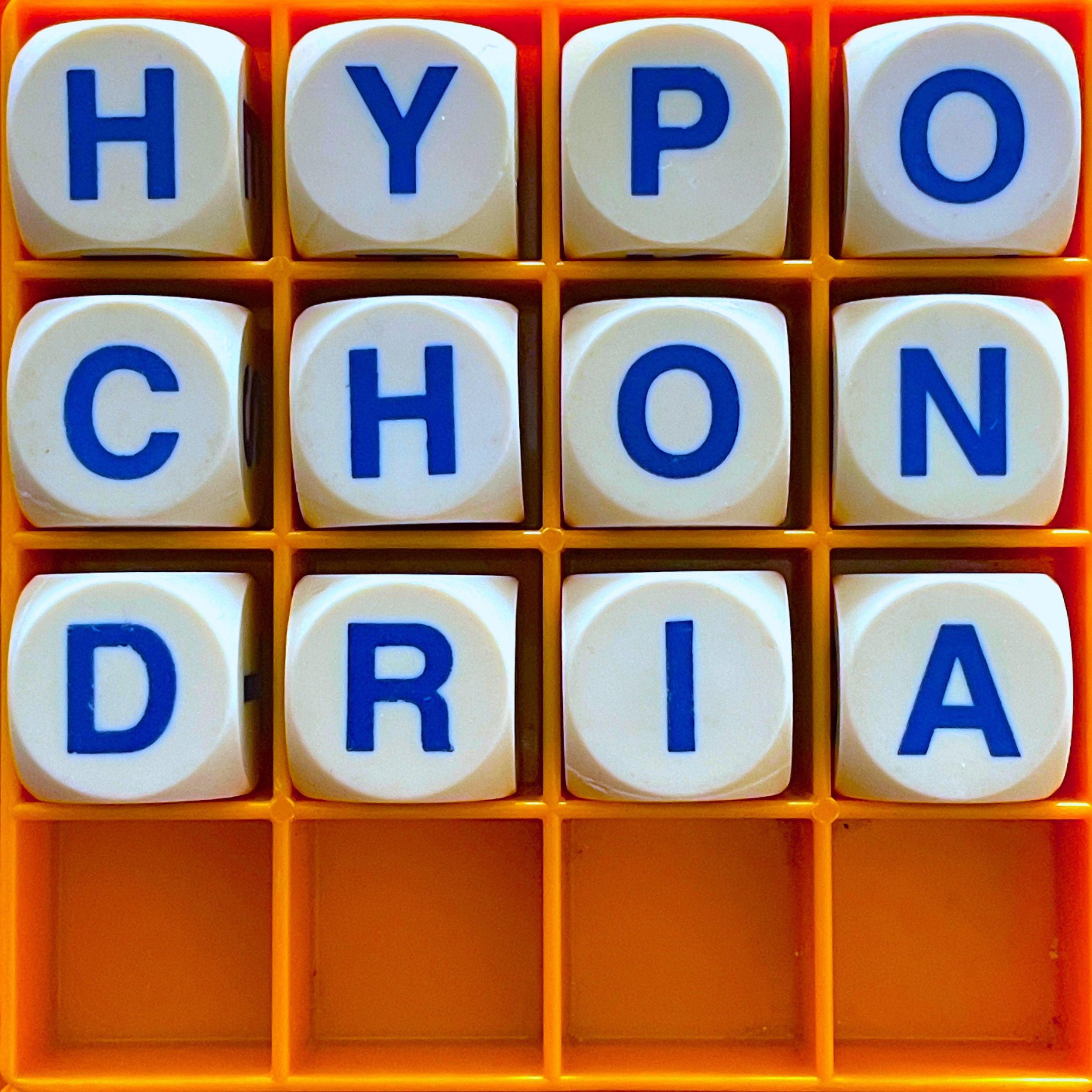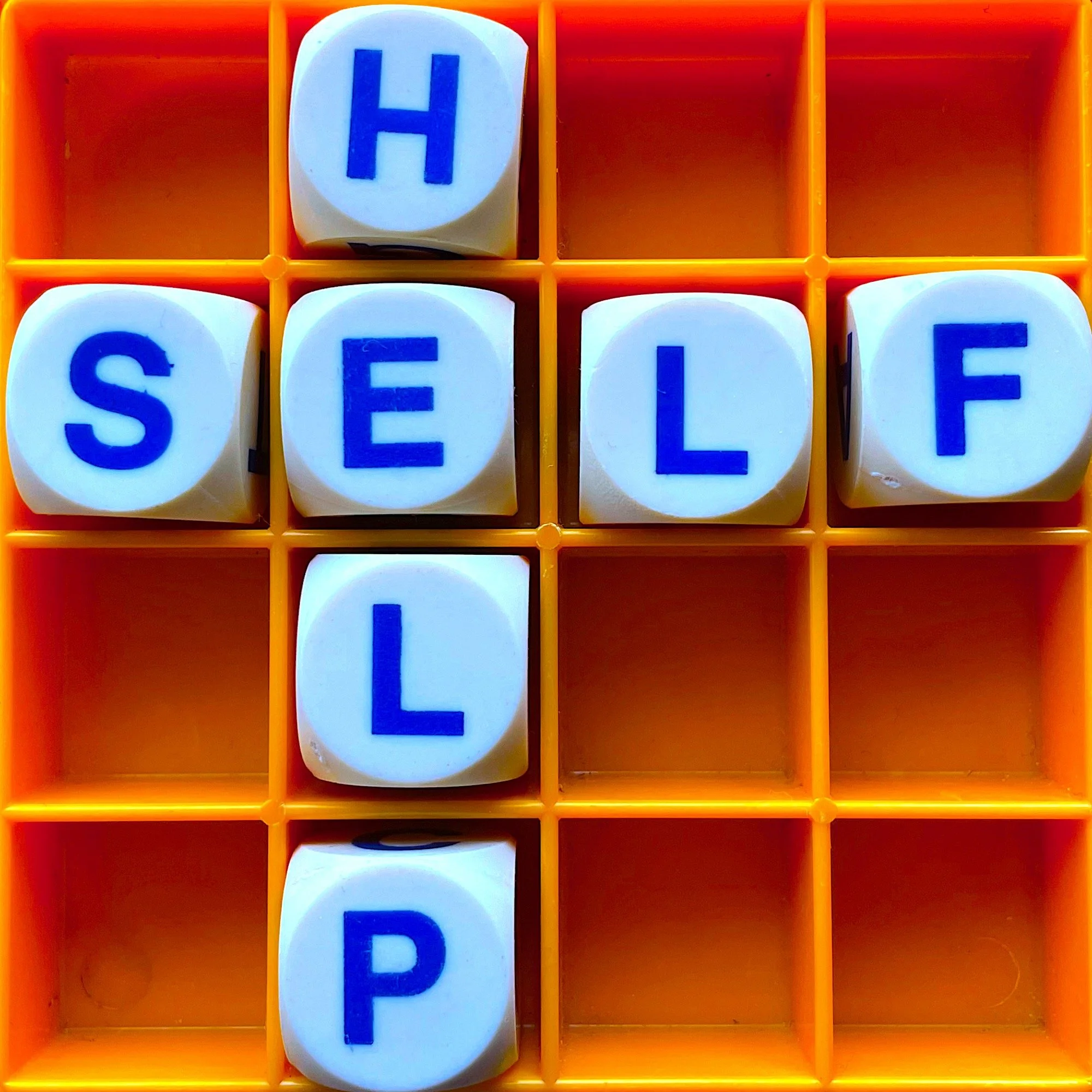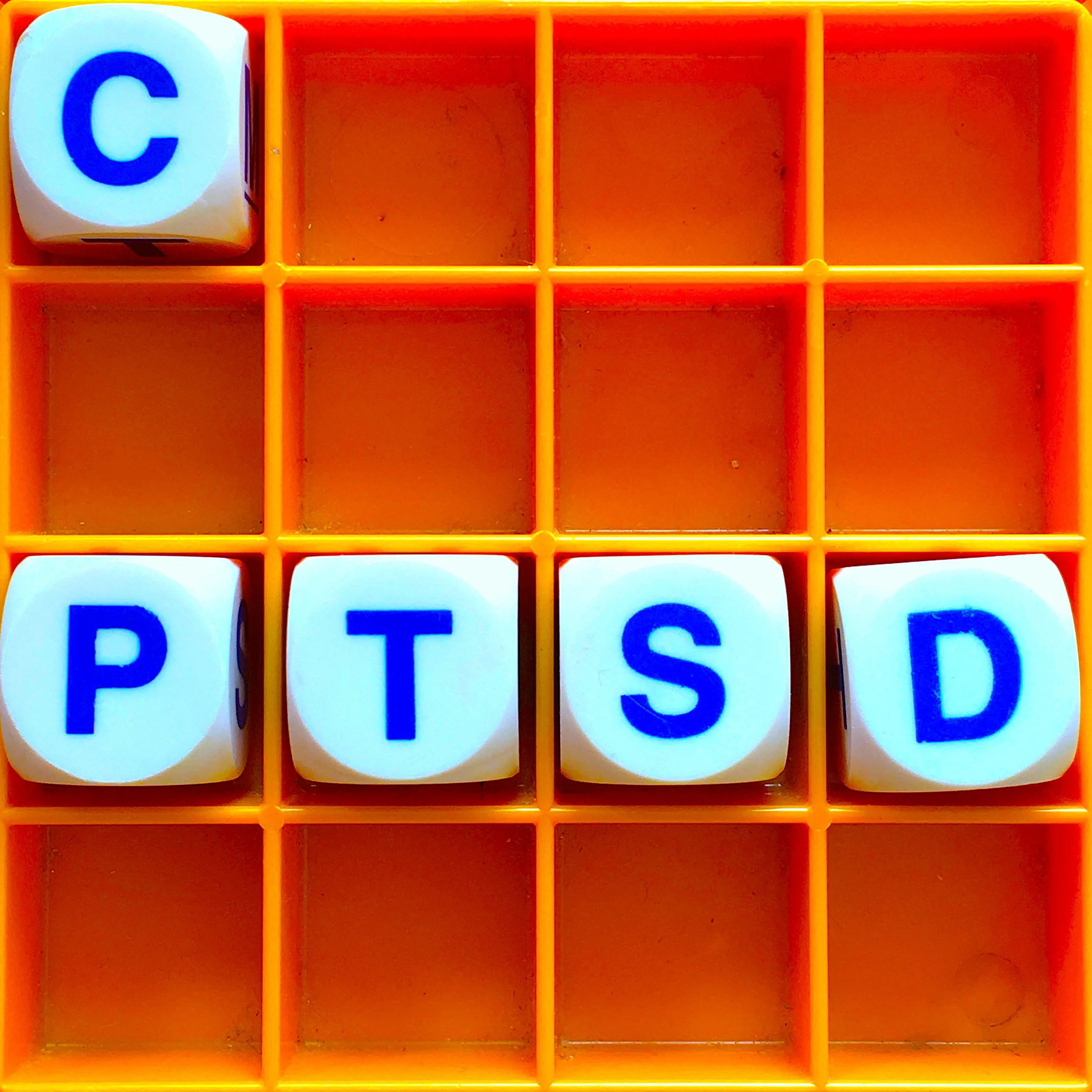The word 'hypochondria' has travelled from meaning physical ailments in a particular region of your body, to ones that are only in your mind. It has been in fashion, and thoroughly out; it has been subject to a range of treatments; it has been lucrative for quacks; and it's a very understandable form of anxiety - which I have, and so does Caroline Crampton, author of the new book A Body Made of Glass: A History of Hypochondria.
Read moreAllusionist 162. Self-Help
Self-help is a multibillion dollar genre of books, and Kristen Meinzer and Jolenta Greenberg of By the Book podcast have lived by the advice of more than eighty of them. They discuss the ways these books use language to get into your brain, the negging and the euphemisms, what can actually be helpful, and why we should be more like dog.
Read moreAllusionist 160. Coward
“Anxiety is the parrot sidekick that rides on my shoulder and occasionally squawks warnings in my ear,” says Tim Clare, poet and podcaster and author of the book Coward: Why We Get Anxious & What We Can Do About It. We talk about anxiety, cowardice, magic bullets vs silver bullets, the scary Bible, and seagulls.
Read moreAllusionist 149. Complex PTSD
Complex PTSD is different to PTSD, but there's not that much understanding of it as its own condition - which was not much help to Stephanie Foo when she was diagnosed with it in 2018. We talk about facing trauma rather than burying it, self-care and self-soothing, underrated eundurance, and why people can quit sniping about triggers.
Read moreAllusionist 138. Mind My Mind
Crazy, insane, nuts, mad, bonkers, psycho, schizo, OCD - casual vocabulary is strewn with mental health terms, but perhaps shouldn't be? Psychotherapist and podcaster Lily Sloane talks about what we're really saying when we use such words.
Read moreAllusionist 82. A Novel Remedy
When you're feeling unwell, what's the book you read to make yourself feel better? And why does it work?
Clinical psychologist Jane Gregory explains why she sometimes prescribes novel-reading to her patients; and academic Guy Cuthbertson tells how post-WW1 Britain was soothed by Agatha Christie's murder mysteries.
Read moreAllusionist 14 rerun: Behave
Sometimes words can become your worst enemy. Clinical psychologist and cognitive behavioural therapist Dr Jane Gregory tells how to defuse their power.
Read moreAllusionist 14: Behave
iTUNES • RSS • MP3
Sometimes words can become your worst enemy. Clinical psychologist and cognitive behavioural therapist Dr Jane Gregory tells how to defuse their power.
NB: Today's show concerns mental health, and the discussion nudges some topics which may not be comfortable for everybody. So if you have concerns, please sit this episode out, and return in two weeks for the next one.
ADDITIONAL READING:
When Jane has time around working with her patients, she writes very interesting pieces about CBT at cognitivebehaveyourself.com.
Here's a summary of CBT from the Royal College of Psychiatrists.
Have any of you played a mental health-themed game like Hellblade? How was it?
Philippa Perry's psychotherapy comic book Couch Fiction is rather wonderful. Read this interview with her then buy a copy from your local bookshop because I can't bring myself to link to Amazon.
Read a brief history of tennis AKA 'sphairistike'.
Here's a load of tennis etymology.
The transcript of this episode is here.
RANDOMLY SELECTED WORD FROM THE DICTIONARY:
virga
CREDITS:
Dr Jane Gregory is a clinical psychologist working in the NHS and her own private practice. Find her at cognitivebehaveyourself.com and @CBYourself
This episode was produced by me, Helen Zaltzman. All the music is by Martin Austwick. Hear and/or download more at thesoundoftheladies.bandcamp.com.
Say hello to me at facebook.com/allusionistshow, twitter.com/allusionistshow and twitter.com/helenzaltzman.
I'll be back in a fortnight with a new episode. If you like this show, do tell someone about it. Not in a creepy pyramid scheme way; play it cool.








